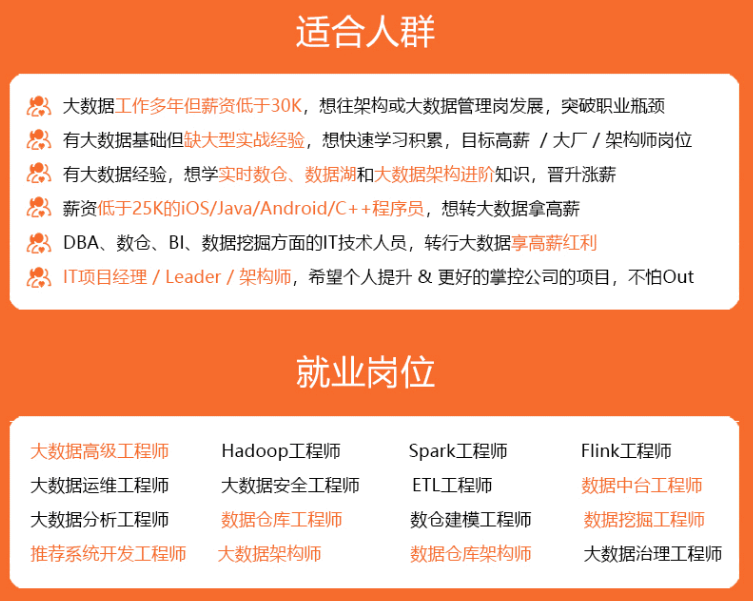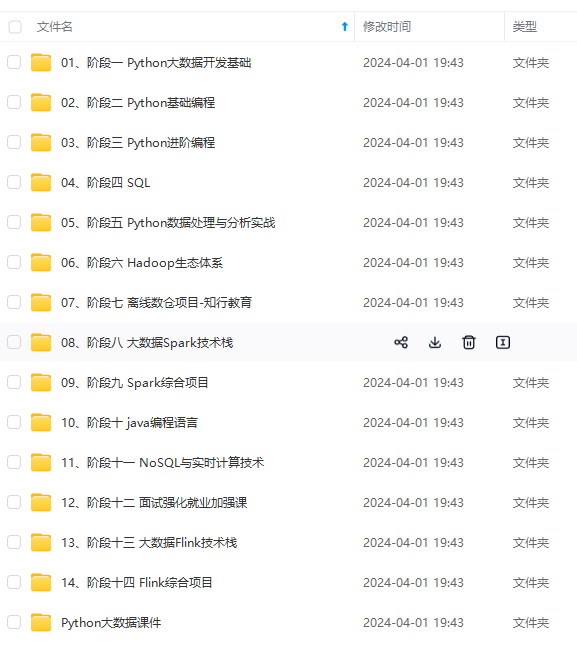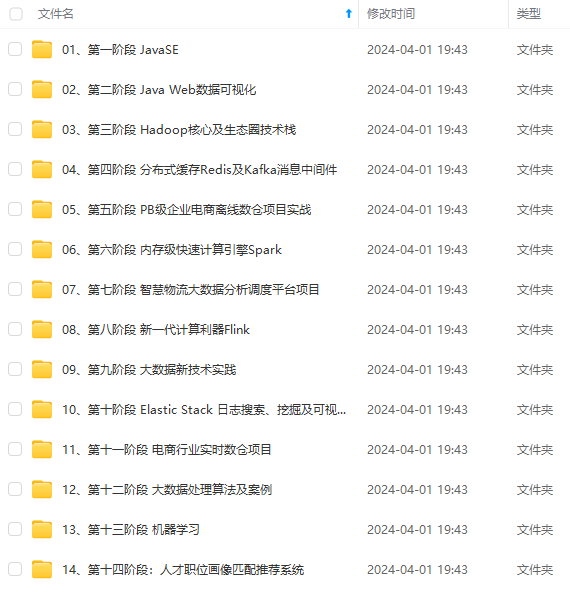def get_info(name, age):
print("My name is %s, I'm %d years old." %(name, age))
get_info('tom',25)
get_info('jerry',16)
```
+ 关键字参数:关键字参数和函数调用关系紧密,函数调用使用关键字参数来确定传入的参数值
```
def get_info(name, age):
print("My name is %s, I'm %d years old." %(name, age))
# get_info(16, 'jerry') # TypeError: %d format: a number is required, not str
get_info(age=16, name='jerry') # My name is jerry, I'm 16 years old.
```
+ 默认参数:调用函数时,默认参数的值如果没有传入,则被认为是默认值
```
def get_info(name, age, sex='male'):
print('Name: %s' %name)
print('age: %d' %age)
print('Sex: %s' %sex)
get_info('tom',23)
get_info('jerry',30,'female
```
+ 不定长参数:你可能需要一个函数能处理比当初声明时更多的参数
```
# def add(x, y):
# return x + y
def add(*tuples):
sum=0
for v in tuples:
sum += v
return sum
print(add(1,4,6,9)) # 20
print(add(1,4,6,9,5))
```
-
参数的位置优先级
- 关键字参数
- 默认参数
- args不定长参数
- kwargs不定长参数
5. 函数的作用域
- Python中的作用域分4种情况:
L:local,局部作用域,即函数中定义的变量;
E:enclosing,嵌套的父级函数的局部作用域,即包含此函数的上级函数的局部作用域,但不是全局的;
G:globa,全局变量,就是模块级别定义的变量;
B:built-in,系统固定模块里面的变量。
- 搜索变量的优先级顺序依次是:
作用域局部 > 外层作用域 > 当前模块中的全局 > python内置作用域,也就是LEGB。
x = int(2.9) # int built-in
g_count = 0 # global
def outer():
o_count = 1 # enclosing
def inner():
i_count = 2 # local
print(o_count)
# print(i_count) # 找不到
inner()
outer()
# print(o_count) # 找不到
当然,local和enclosing是相对的,enclosing变量相对上层来说也是local
- 作用域的产生
在Python中,只有模块(module),类(class)以及函数(def、lambda)才会引入新的作用域,其它的代码块(如if、try、for等)是不会引入新的作用域的,如下代码
if 2 > 1:
x = 1
print(x) # 1
这个是没有问题的,if并没有引入一个新的作用域,x仍处在当前作用域中,后面代码可以使用
def test():
x = 2
print(x) # NameError: name 'x2' is not defined
def、class、lambda是可以引入新作用域的
- ***变量的修***改
x = 6
def f2():
print(x)
x = 5
f2()
# 错误的原因在于print(x)时,解释器会在局部作用域找,
# 会找到x = 5(函数已经加载到内存),但 x 使用在声明前了,所以报错:
# local variable 'x' referenced before assignment.
# 如何证明找到了x=5呢?简单:注释掉 x=5,x=6
# 报错为:name 'x' is not defined
# 同理
x = 6
def f2():
x+=1 # local variable 'x' referenced before assignment.
f2()
- global关键字
当内部作用域想修改外部作用域的变量时,就要用到global和nonlocal关键字了,当修改的变量是在全局作用域(global作用域)上的,就要使用global先声明一下,代码如下\
count = 10
def outer():
global count
print(count)
count = 100
print(count)
outer()
- nonlocal关键字
global 关键字声明的变量必须在全局作用域上,不能嵌套作用域上,当要修改嵌套作用域(enclosing作用域,外层非全局作用域)中的变量怎么办呢,这时就需要nonlocal关键字了
def outer():
count = 10
def inner():
nonlocal count
count = 20
print(count)
inner()
print(count)
outer()
- 总结
变量查找顺序:LEGB,作用域局部>外层作用域>当前模块中的全局>python内置作用域;
只有模块、类、及函数才能引入新作用域;
对于一个变量,内部作用域先声明就会覆盖外部变量,不声明直接使用,就会使用外部作用域的变量;
内部作用域要修改外部作用域变量的值时,全局变量要使用global关键字,嵌套作用域变量要使用nonlocal关键字。nonlocal是python3新增的关键字,有了这个 关键字,就能完美的实现闭包了。

Python 高级函数
1.嵌套函数
- 嵌套
def bar():
print('in the bar')
def foo(func):
print('in the foo')
def inner():
return func()
return inner
foo(bar)
# foo(bar)()
2.装饰器之不带参数的func
- 被装饰的函数
def decorative(func):
def wrapper(): # 定义一个包装器
print("Please say something: ")
func() # 调用func,这个func是我们自己定义的
print("No zuo no die...")
return wrapper
@decorative # 使用@符号调用装饰器
def show(): # 定义func,名字取什么都无所谓,它只是用来传给装饰器中的func参数
print("I'm from Mars.")
show()
3. 装饰器之带参数的func
- 被装饰的函数
def decorative(func):
def wrapper(x):
print("Please say something...>")
func(x)
print("no zuo no die...")
return wrapper
@decorative
def show(x):
print(x)
show("hello,mars.")
3.有参数的装饰器
- 一个参数的装饰器
def foo(func):
def inner(arg):
# 验证
return func(arg)
return inner
@foo
def bar(arg):
print('bar')
- 两个参数的装饰器
def foo(func):
def inner(arg1,arg2):
# 验证
return func(arg1,arg2)
return inner
@foo
def bar(arg1,arg2):
print('bar')
- 三个参数的装饰器
def foo(func):
def inner(arg1,arg2,arg3):
# 验证
return func(arg1,arg2,arg3)
return inner
@foo
def bar(arg1,arg2,arg3):
print('bar')
- 不固定参数的装饰器
def foo(func):
def inner(*args,**kwargs):
# 验证
return func(*args,**kwargs)
return inner
@foo
def bar(arg1,arg2,arg3):
print('bar')
- 一个函数可以被多个装饰器装饰
def foo(func):
def inner(*args,**kwargs):
# 验证
return func(*args,**kwargs)
return inner
def foo1(func):
def inner(*args,**kwargs):
# 验证
return func(*args,**kwargs)
return inner
@foo
@foo1
def bar(arg1,arg2,arg3):
print('bar')

4.装饰器案例
- 为函数添加致谢时间的装饰器函数



**既有适合小白学习的零基础资料,也有适合3年以上经验的小伙伴深入学习提升的进阶课程,涵盖了95%以上大数据知识点,真正体系化!**
**由于文件比较多,这里只是将部分目录截图出来,全套包含大厂面经、学习笔记、源码讲义、实战项目、大纲路线、讲解视频,并且后续会持续更新**
**[需要这份系统化资料的朋友,可以戳这里获取](https://bbs.csdn.net/topics/618545628)**
***为函数添加致谢时间的装饰器函数***
[外链图片转存中…(img-v1qFhJ7m-1714664839484)]
[外链图片转存中…(img-qrguD2UP-1714664839484)]
[外链图片转存中…(img-BiafgsqO-1714664839485)]
既有适合小白学习的零基础资料,也有适合3年以上经验的小伙伴深入学习提升的进阶课程,涵盖了95%以上大数据知识点,真正体系化!
由于文件比较多,这里只是将部分目录截图出来,全套包含大厂面经、学习笔记、源码讲义、实战项目、大纲路线、讲解视频,并且后续会持续更新








 本文详细介绍了Python中的函数参数类型(关键字参数、默认参数、不定长参数),作用域规则(LEGB),以及装饰器和闭包的概念。通过实例展示了如何使用这些概念进行编程实践。
本文详细介绍了Python中的函数参数类型(关键字参数、默认参数、不定长参数),作用域规则(LEGB),以及装饰器和闭包的概念。通过实例展示了如何使用这些概念进行编程实践。














 319
319

 被折叠的 条评论
为什么被折叠?
被折叠的 条评论
为什么被折叠?








